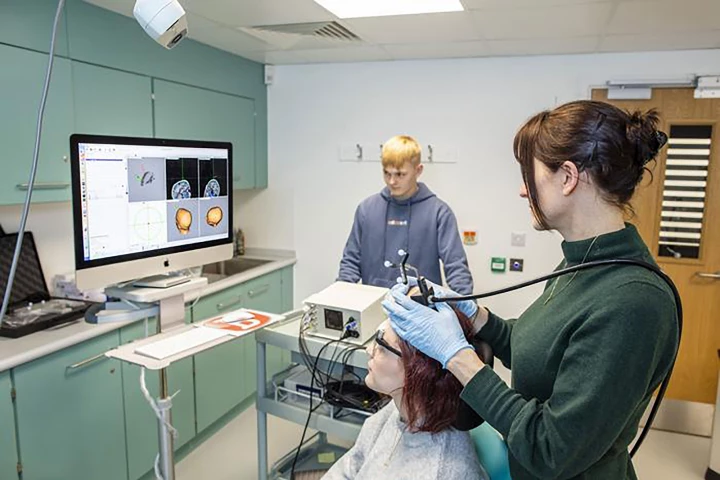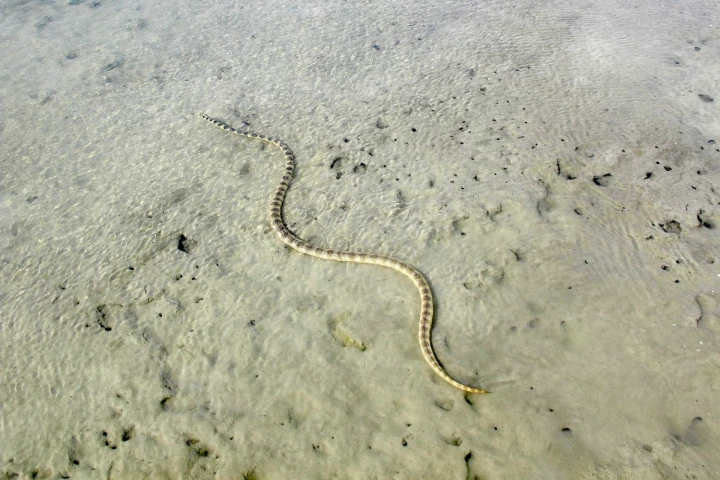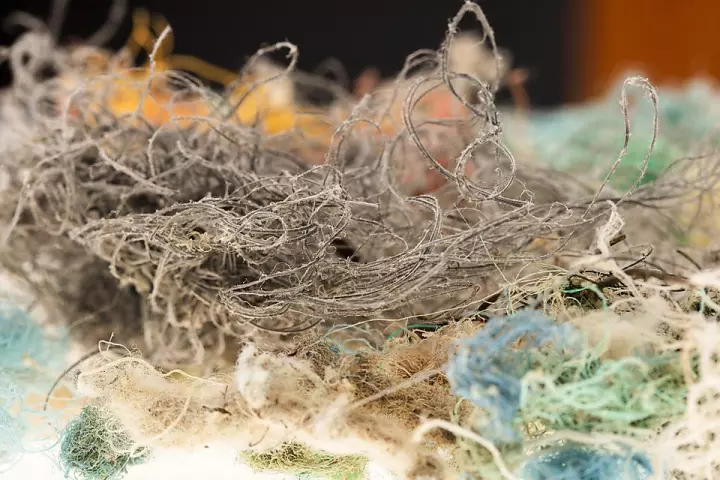University of Plymouth
-
For centuries, shipworms have vexed mariners by boring into – and consuming – the hulls of wooden ships and boats. Soon, though, we may actually be eating those "worms," as they have successfully been farmed for the first time.
-
A study has found that targeting specific brain areas with ultrasound causes functional changes that last up to an hour. It paves the way for developing non-invasive methods of treating mental health conditions such as depression and anxiety.
-
Most snakes can only see the colors blue and green, along with ultraviolet light in some cases. New research, however, suggests that sea snakes have evolved to actually regain the wider-color vision of their earliest ancestors.
-
Following a number of technical setbacks, the Mayflower autonomous research vessel has successfully crossed the Atlantic Ocean, clocking up 3,500 miles and arriving in Halifax, Nova Scotia, on June 5.
-
A fascinating new study explores how it ultrasound could one day be used to tackle psychiatric disorders, by modulating the way the brains of monkeys connect rewards and outcomes with specific events or choices.
-
If someone steals your smartphone, the harder it is for them to unlock it, the better. New research shows how gait analysis could provide an added layer of security, by authenticating a user's identity based on the way they walk.
-
Along with benefits such as air purification, "living walls" are also said to help regulate the temperature within new buildings which they're built into. A study now indicates that they have the same effect when added to older, existing structures.
-
We've been hearing a lot lately about how disintegrated waterborne trash is one of the main sources of ocean microplastics pollution. A new study, however, suggests that aging maritime rope could also be making a significant contribution.
-
A group of scientists studying the flow of plastic into the ocean have found that the Ganges and two nearby rivers are responsible for pumping as much as three billion microplastic particles into the Indian Ocean each day.
-
When it comes to farm animals being raised in subpar conditions, chickens often have it particularly rough. A new system that analyzes chick vocalizations, however, could help alert farmers (or authorities) when things really need to change.
-
A new study has revealed the dangers plastic pollution poses to blue mussels, with researchers finding they may ingest three times as much plastic when clumped together in the reef structures commonly seen in nature.
-
It sure would be nice if teeth could just repair themselves. Thankfully that’s not as far-fetched as it sounds – researchers have found a new population of stem cells in mice that are in charge of repairing tooth tissue and could be recruited to help us patch up cavities.
Load More











